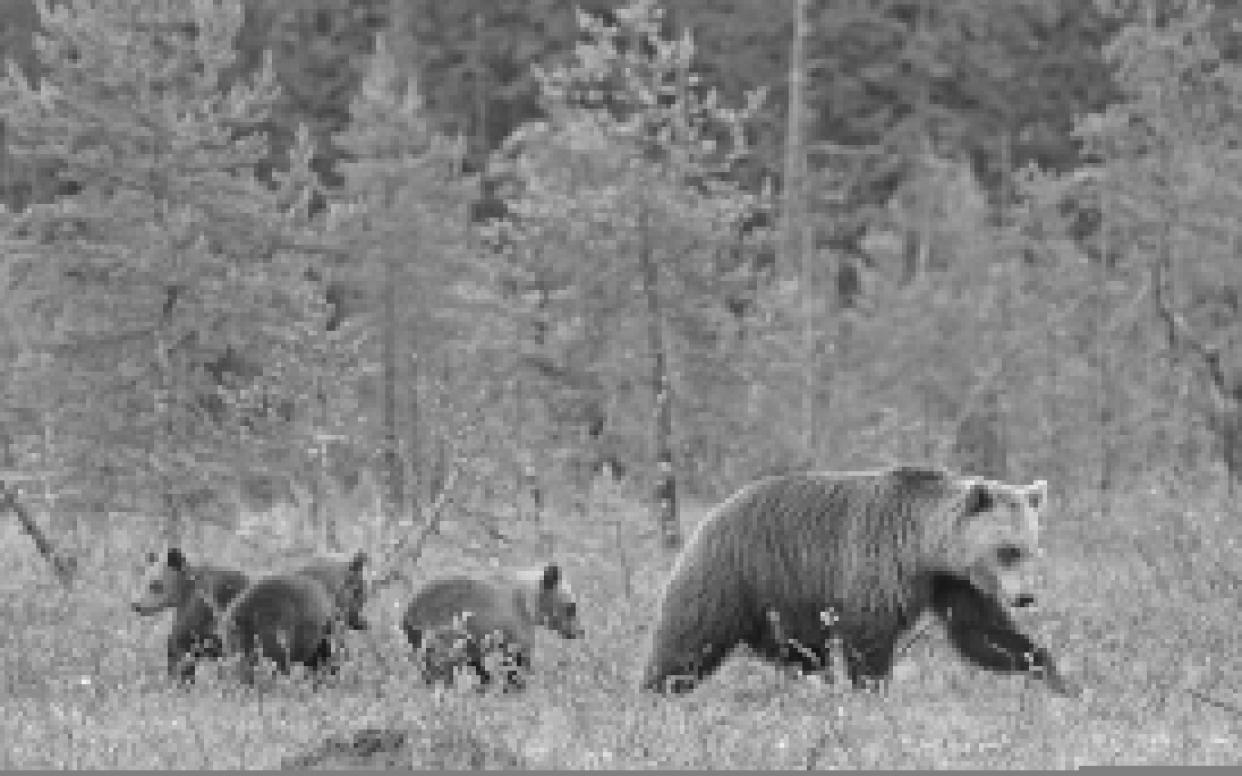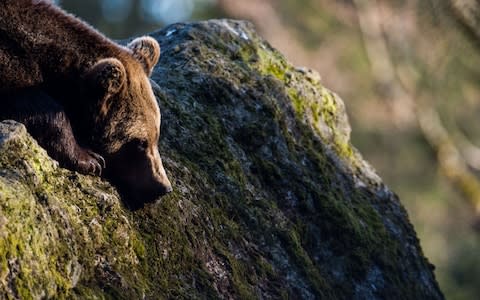Investigation launched in Italy after one of world's rarest bears dies during capture by rangers

An investigation has been launched in Italy into how one of the world’s rarest bears died after being captured and sedated by biologists.
The Marsican bear, Ursus arctos marsicanus, is the world’s rarest sub-species and lives in the Apennine mountains of central Italy.
A relative of the Eurasian brown bear, there are just 50 individuals living in the wild, roaming the mountains and forests of the National Park of Abruzzo, Lazio and Molise.
One of the critically-endangered bears was captured this week in a baited tube trap by biologists, who wanted to sedate it so that they could fit it with a radio collar to track its movements.
But the sedation went wrong, possibly as a result of too much anesthetic, and the bear died.
To make matters worse, it was reportedly not the bear that biologists wanted to capture. They were hoping to sedate and radio collar a large male nicknamed Mario, which has been causing trouble by raiding bee hives and chicken coops around the mountain villages of Lecce dei Marsi and Villavallelonga.
Instead, they captured a different, non-problematic bear.
Antonio Carrara, the head of the national park, said his staff were “shocked” by what happened.
“For us, the loss of a bear is really serious and we want to find out what happened.”
The bear had shown “respiratory problems” shortly after the sedative shot was administered, he said.
It was the second time in four years that a bear in Italy died accidentally while being sedated.
The same thing happened to a bear that was nicknamed Daniza after it was captured and placed under sedation in the northern Trentino region in 2014.

A post-mortem will be carried out to determine how the Marsican bear died and whether any type of illness may have weakened its resistance to the sedative drugs.
WWF, the environmental organisation, said that protocols regarding the capture and sedation of bears should be immediately placed under review in order to guarantee the well-being of the animals.
“We await the post-mortem results in order to clarify what happened, but this is without doubt a very serious loss,” WWF Italia said.
“This is a sub-species on the brink of extinction, reduced to a population of just 50 individuals.”

 Yahoo News
Yahoo News 
